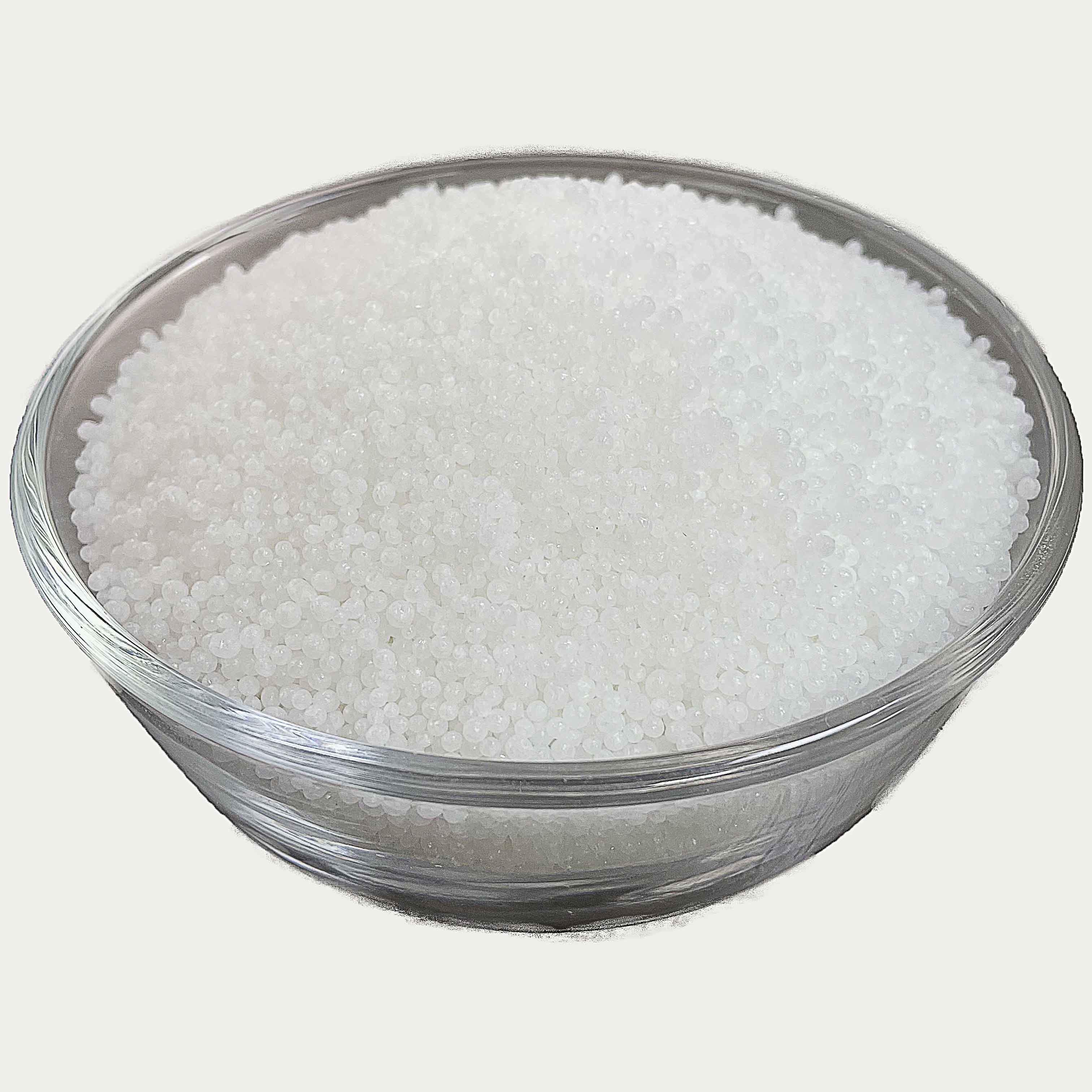
Aug . 12, 2024 11:56 Back to list
Best Practices for Applying Potash to Enhance Citrus Tree Growth and Fruit Quality
The Importance of Potash for Citrus Trees
Citrus trees, known for producing fruits such as oranges, lemons, and limes, are a staple in orchards around the world. Their growth and production rely heavily on the right balance of nutrients, among which potassium, commonly referred to as potash, plays a pivotal role. Understanding the significance of potash for citrus trees is crucial for both amateur and professional growers aiming to achieve optimal fruit yields and tree health.
The Role of Potash
Potash is the term used for various potassium-containing compounds, and it is a key nutrient that influences various physiological processes in plants. For citrus trees, potassium is vital for regulating water uptake, promoting efficient photosynthesis, and aiding in the synthesis of sugars and starches. These processes directly impact the overall growth and fruit quality of the trees.
One of the most critical functions of potash is its role in enhancing fruit quality. Adequate potassium levels contribute to the sweetness, flavor, and color of citrus fruits. This is particularly important in the competitive agricultural market, where fruit appearance and taste can dictate consumer preference. Furthermore, potassium assists in the development of essential oils and acidic compounds that define the characteristic flavors of citrus fruits.
Benefits of Potash Fertilization
Applying potash as a fertilizer not only improves fruit quality but also bolsters the tree’s overall health. Citrus trees with sufficient potassium tend to show increased resistance to diseases, pests, and environmental stresses such as drought. This resistance is partly due to potassium’s role in strengthening cell walls and promoting the production of protective compounds in the plant.
Moreover, potash is integral to the tree's ability to photosynthesize efficiently. It aids in the opening and closing of stomata, which are tiny openings on leaves that allow for gas exchange. Enhanced photosynthesis ensures that the tree has an adequate energy supply to support healthy growth and fruit development.
potash for citrus trees

Signs of Potash Deficiency
Citrus trees deficient in potassium can exhibit several symptoms, including yellowing of leaves, poor fruit set, and decreased fruit size. The leaves may develop a scorched appearance, especially along the margins, and the tree may show stunted growth. Recognizing these signs early is essential for mitigating the effects of deficiency and ensuring that the trees remain vigorous and productive.
Application of Potash
When it comes to applying potash, timing and method are crucial. The best times to fertilize citrus trees with potash are during the active growing season, which typically occurs in the spring and summer months. Soil tests can help determine the existing nutrient levels and inform the proper amount of potash to apply. It is generally recommended to follow the manufacturer’s guidelines, as over-fertilization can lead to nutrient imbalances and potential harm to the trees.
There are various forms of potash available, including granular fertilizers, liquid formulations, and organic options like wood ash. Organic sources can improve soil structure and provide additional nutrients, making them an excellent choice for sustainable farming practices.
Conclusion
In summary, potash is a vital nutrient for citrus trees, influencing everything from fruit quality to tree health and resilience. By understanding its importance and ensuring appropriate fertilization practices, growers can enhance their citrus production significantly. As the demand for high-quality citrus fruits continues to rise, the strategic use of potash will remain an essential component of successful citrus cultivation. Prioritizing potassium in agricultural practices is not just beneficial—it’s a necessity for thriving citrus orchards worldwide.
-
Premium Organic Manure Compost for Eco Gardens
NewsAug.01,2025
-
Organic 10-10-10 Fertilizer | Balanced Plant Nutrients
NewsJul.31,2025
-
Premium Amino Acid Fertilizer | Rapid Plant Growth Booster
NewsJul.31,2025
-
10 10 10 Fertilizer Organic—Balanced NPK for All Plants
NewsJul.30,2025
-
Premium 10 10 10 Fertilizer Organic for Balanced Plant Growth
NewsJul.29,2025
-
Premium 10 10 10 Fertilizer Organic for Balanced Plant Growth
NewsJul.29,2025
